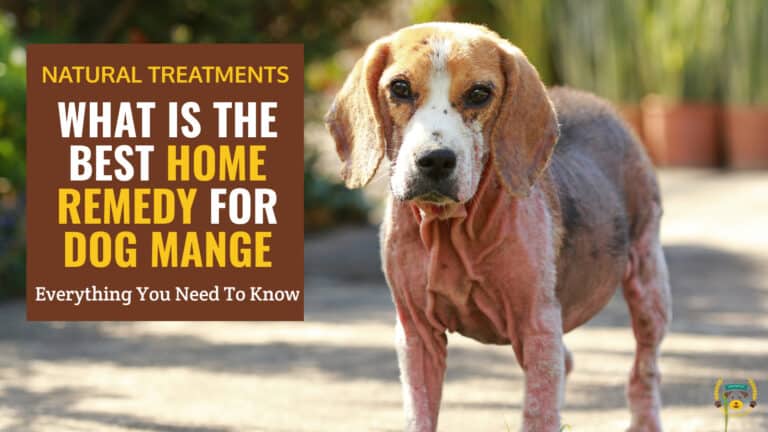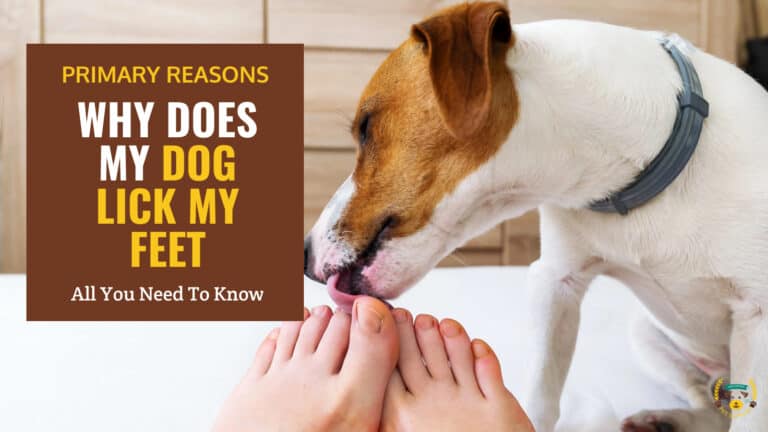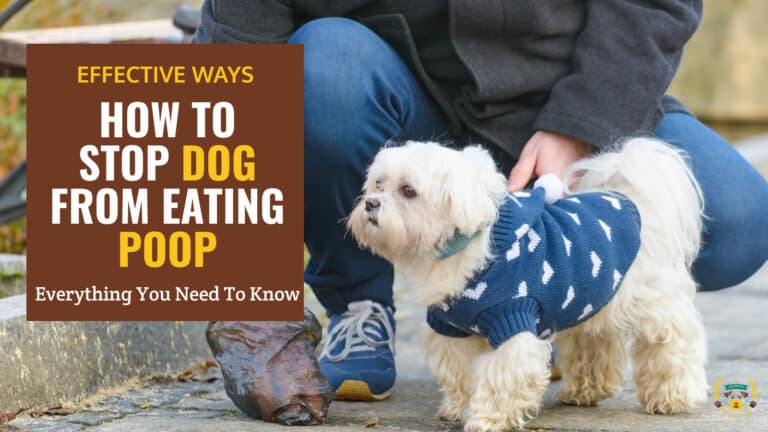Can Dogs Eat Cereal? Is Cereal Safe for Dogs?
Last updated: January 11, 2024
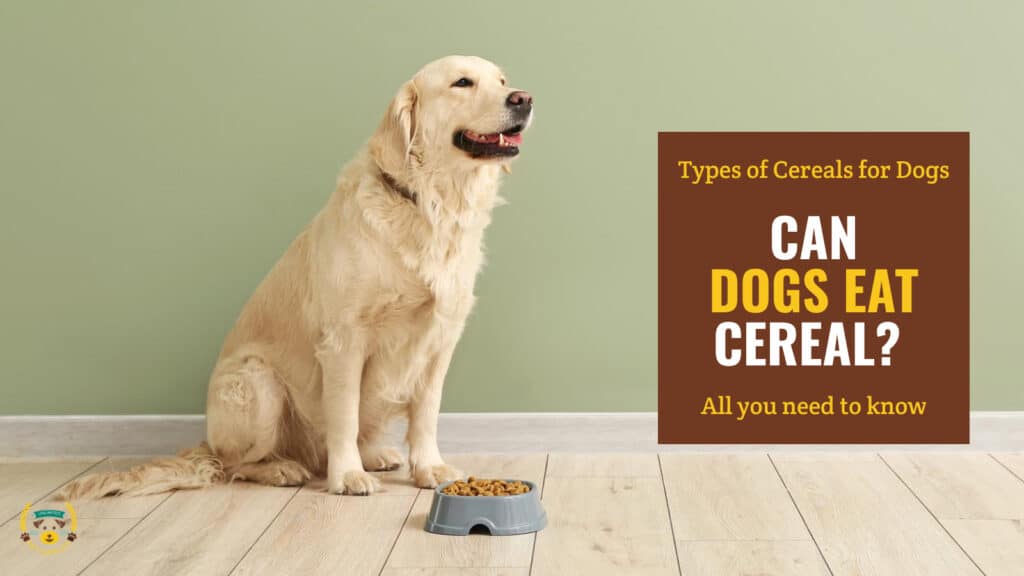
Summary
- Cereals are not a necessary part of a dog's diet, but they can be given as a treat occasionally.
- The best types of cereal for dogs are plain, unsweetened cereals, such as rice Krispies, Cheerios, and Bran Flakes.
- Oatmeal is also a good option, and can be helpful for dogs with digestive problems.
- Avoid giving your dog cereals that contain sugar, chemicals, corn syrup, nuts, dried fruit, or chocolate.
- Feed cereal to your dog in small, unsweetened servings, and do not give them milk.
- If your dog eats too much cereal, they may develop diarrhea, vomiting, or obesity.
Both veteran and novice dog owners are constantly on the lookout for dog treats. With cereal being so extensively consumed, you may wonder whether cereal is good, bad, or neutral for dogs. Pets can eat breakfast cereal, but it varies in type and substance, so carefully study the labels before offering it to your dogs.
People frequently inquire about Honey-Nut Cheerios, Frosted Flakes, Cinnamon Toast Crunch, Fruit Loops, Corn Flakes, Cocoa Puffs, and even oatmeal. Numerous additives and sweeteners may be unsafe or unhealthy for dogs to consume.
What Is Cereal?

Cereals are whole-grain cereal grains that have been processed into a product that is often incorporated into morning cereals and other culinary products. Cereal grains are classified into three distinct categories: cereal straw, cereal grains, and cereal legumes.
Cereals are grains that have been cooked. Cereals include corn cereals, rice cereals, oat cereals, and wheat cereals. Certain types of raw cereal are inedible to dogs because they are too hard for their teeth to grind.
The good news is that while most cereals are low in fat and calories, they are unlikely to cause your pet to gain weight when given in moderation.
Can Dogs Eat Cereal?
While a few pieces of cereal are regarded as healthy for both humans and their dogs, cereal, on the whole, does not provide the same nutritional value for your dog. However, certain varieties of cereal, like oatmeal (prepared with water), may be advised by veterinarians on occasion to assist your dog with digestive difficulties such as constipation and may be provided as a rare treat with your veterinarian's consent.
Many kinds of cereal are fortified with vitamins and minerals essential to humans, but your dog would need to eat a lot of cereal for those vitamins and minerals to be effective. It is never a good idea to give your dog a lot of cereal, even if it is a "healthy" variety due to the high risk of tummy troubles.
While some cereals are OK as an occasional tasty treat, they should never be used in place of your pet's usual food due to their high grain content. Additionally, many types of cereal are treated with additives that degrade the nutritional value of the breakfast staple for both humans and their canine companions. And keep in mind that whatever you feed your dogs will affect their body's natural odors.
Fortunately, cereals are generally low in fat and calories, so provided it is given to your pet in moderation, they are unlikely to cause weight gain.
What Type of Cereal Can Dogs Eat?
Several bowls of cereal are regarded to be quite beneficial to dogs. It all relies on the cereal's contents and whether they are devoid of undesirable additives and processed elements. It is critical to understand that a variety of cereals contain sugar, chemicals, corn syrup, and more. These cereals should not be fed to your pets.
Rather than that, you should serve them plain cereal that is free of added sugar and other unsuitable substances for dogs. Among the best plain cereals for dogs are plain Rice Krispies, plain Cheerios, and Bran Flakes.
Additionally, oatmeal, which is everyone's favorite source of fiber, might be a wonderful choice for dogs. Vets occasionally recommend this type of cereal, particularly if your dog is experiencing constipation or other digestive concerns. What's more, you can use these as treats during nail grinding and clipping.
Naturally, this should always be done with the assistance of your veterinarian and should never be used in place of a balanced, nutritious diet.
Additionally, keep in mind that some of these cereals may occasionally be accompanied by nuts, dried fruit, and chocolate chips. Dried fruit and chocolate, in particular, are extremely toxic to dogs.
Dog owners should be aware that some of the healthier cereals contain a high fiber level that certain breeds may find difficult to digest.
If your dog eats a few bits of cereal that dropped on the floor during breakfast, it's probably alright, but for the most part, you'll want to feed them dry cereal because dairy items like milk do not agree with every dog, and a dog’s tolerance for dairy and lactose continues to decline as they age.
Types Of Cereals That Are Typically Safe For Dogs To Eat
One of the most critical aspects of maintaining a healthy dog is what he eats – and how much he or she consumes. It all comes down to what kind of cereal you choose. Cereal is not a necessary part of your dog's diet, but you can give some as a treat if you want to.
While plain rice cereal and oatmeal can be occasional treats, for a truly complete and balanced meal, you might want to consider venturing beyond traditional cereals. Check out the advantages of freeze dried dog foods, specially formulated with your dog's specific needs in mind.
Whole grain cereals
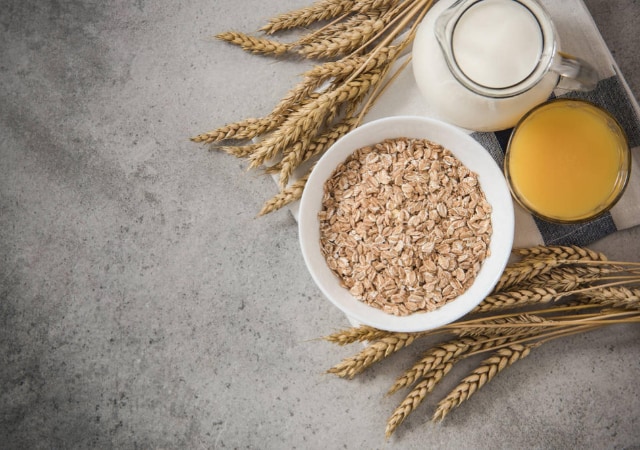
Dogs can eat cereal grains, including barley, oats, rye, and wheat, as long as the ingredients list does not contain gluten and the cereal is properly prepared to avoid contamination with wheat flour.
Rice cereal
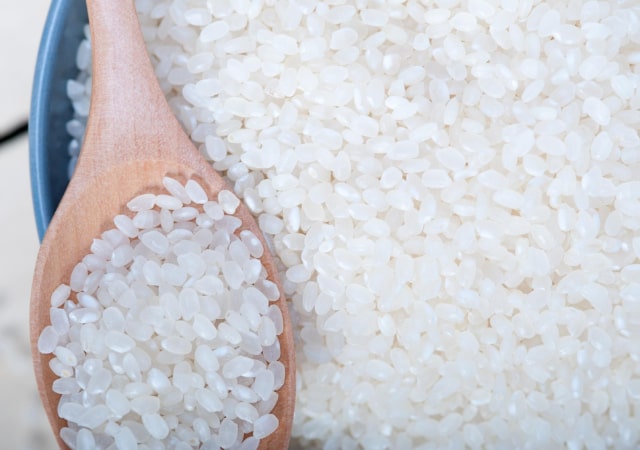
Some owners prefer rice cereal because it is less likely to trigger an allergic reaction in their dog than other cereals such as cornmeal, which may cause undesirable effects such as vomiting due to allergies. Rice lacks the agglutinins found in corn, providing your canine companion with only what he or she requires.
Dogs can safely consume certain cereal toppings such as nut butter, peanut butter, and oats as long as they do not contain any artificial sugars or tastes that could damage your pet's health.
As a general rule, cereals beneficial to humans are also beneficial to dogs.
Certain cereals can cause diabetes and obesity in dogs, much as they do in humans due to their high sugar content and low nutritional value. Whole grain cereals with low sugar content, such as oats and bran, are better for your pet than cheerios but should still be consumed in moderation.
Other safe cereal options for dogs that entail nutritional benefits include:
- Grits.
- Rice Chex.
- Rice Krispies.
- Special K.
- Cheerios.
- Cinnamon Toast Crunch.
- Corn Flakes/Cereal Flakes
- Honey Bunches of Oats.
How to Feed Cereals to Your Dog

It is acceptable to provide a few Cheerios to your puppy during training or for breakfast. However, everything is in proportion!
While humans may prefer milk on our cereals, you should not pour milk into your pup's bowl.
Dogs are lactose intolerant, and hence dairy products may cause diarrhea and cause problems to their digestive system (1) Additionally, milk can induce other complications. It contains excessive protein for dogs, which might eventually result in obesity or pancreatitis.
The easiest method to feed your dog cereal is in small, unsweetened servings. Additionally, you can serve plain, unflavored oats alongside carrots and green beans. This allows your dog to enjoy their treat without developing gastrointestinal problems or gaining weight. Lastly, you should also be giving clean, potable water to your dogs alongside cereals.
What Will Happen If Your Dog Eats Too Much Cereals?
Consuming an excessive amount of cereal will have no adverse effect on your dog. If they are experiencing diarrhea or vomiting, the best course of action is to take them to the veterinarian.
If your veterinarian recommends it, your dog may be fed cereal to ease some gastrointestinal disorders such as constipation, chronic colitis, and other digestive system inflammations.
Generally, if your dog consumes excessive cereal, they will be alright. However, if you give them too much every day, they may develop obesity and other health problems.
The larger your dog's intake of cereal, the more they can become extremely hyper. It is not a cause for concern if this occurs since they will most likely revert back to their usual selves after a few hours.
Factors to Consider
Providing your dog’s nutritional health is of paramount concern, which entails knowing things that will assist in maintaining the optimal health of your dog. This includes considering the following factors:
Dogs do not chew, taste, or relish their food in the same way humans do.
Dogs are scavengers and pack animals; they would consume their food rapidly to avoid battles in the wild. Additionally, their throats can enlarge, allowing them to swallow large amounts of food and digest them in the stomach.
While most dogs enjoy gnawing and chewing on objects, this means that the shape and texture of cereal can present choking hazards and result in intestinal obstructions.
Cereals are high in sugar, which might contribute to weight gain in dogs.
Cereals are one of the popular breakfast foods due to their delicious taste, whether with or without milk. They taste fantastic due to their high sugar content and artificial sweeteners. Before offering any form of cereal to your dog, check the contents and nutritional profile.
If your dog's treat contains a lot of sugar, say more than 10 grams per serving, it's best to avoid the cereal and instead serve them a pet-friendly healthy treat (e.g., regular dog food).
An excessive amount of sugar can contribute to weight gain, dog obesity, dental problems such as cavities and tooth decay, diabetes, and even pancreatitis.
Bear in mind that the bacteria in your dog's mouth convert the sugar to acid. After that, the acid eats away at the mineral in your dog's enamel. When the enamel is eroded, tooth decay occurs, which can progress to dental disease in dogs.
When it comes to sugary cereal or any brands that contain chocolate or other harmful ingredients like raisins or nuts, those varieties should always be off-limits to your pet. Examples of cereals that are not only unhealthy but potentially unsafe for your canine friend are cereals that have over 10 grams of sugar per serving, and even that amount can be too much. Tons of sugar in cereals can cause symptoms of digestive distress in your pet, such as diarrhea, while consuming cereals containing chocolate or raisins could potentially be deadly.
Some cereals to avoid:
- Cocoa Puffs
- Froot Loops
- Lucky Charms
- Raisin Bran
- Reese’s Puffs
- Apple Jacks Cereal.
- Fruity Pebbles Cereal
Presence of chocolate, nuts, and grapes as cereal ingredients.

Due to the presence of a chemical called theobromine, chocolate is exceedingly harmful and deadly to dogs. Regrettably, dogs are unable to ingest and digest this substance. On top of that, dogs cannot digest caffeine, so the chocolate does not agree with them.
Chocolate is extremely toxic to dogs due to the mix of theobromine and caffeine. Both compounds are utilized medicinally as a vasodilator, heart stimulant, diuretic, and smooth muscle relaxant.
Unlike human bodies, our dogs' bodies are extremely susceptible to caffeine and theobromine's effects.
Dogs may develop chocolate poisoning if they consume an excessive amount of chocolate-flavored cereal or cereal that has chocolate as an ingredient (2).
Certain cereals may contain raisins, such as Kellogg's Raisin Bran and Total Raisin Bran. Maintain a safe distance between these Cereals and your pet family members.
If you fear your canine companion is poisoned with raisins or grapes, contact your veterinarian immediately, as this sort of poisoning also requires emergency medical assistance.
Final Thoughts
If you're going to provide cereal to your dog, you should also avoid adding milk, as the majority of dogs are lactose intolerant. Rather than that, opt for cereals made mostly of whole grains and incorporate a small amount into their regular diet for an added crunchy treat that your dogs will adore.
You should use cereals sparingly. Even the healthiest cereals are nutritionally deficient; the majority are simply empty calories and sugar, and a handful is hazardous. Always familiarize yourself with the components and verify that they are all safe for your furry friends before feeding.
References:
- Burke, A. (2018, July 23). Can Dogs Eat Milk? American Kennel Club. https://www.akc.org/expert-advice/nutrition/can-dogs-drink-milk/
- ASPCA Org (n.d.). People Foods to Avoid Feeding Your Pets. Animal Poison Control. https://www.aspca.org/pet-care/animal-poison-control/people-foods-avoid-feeding-your-pets

